Intel’s new 10th Gen Core processors are out now, with an increased number of cores and very high clock speeds. How do they stack up against AMD’s Ryzen chips and other current models for photogrammetry workloads in Pix4D?
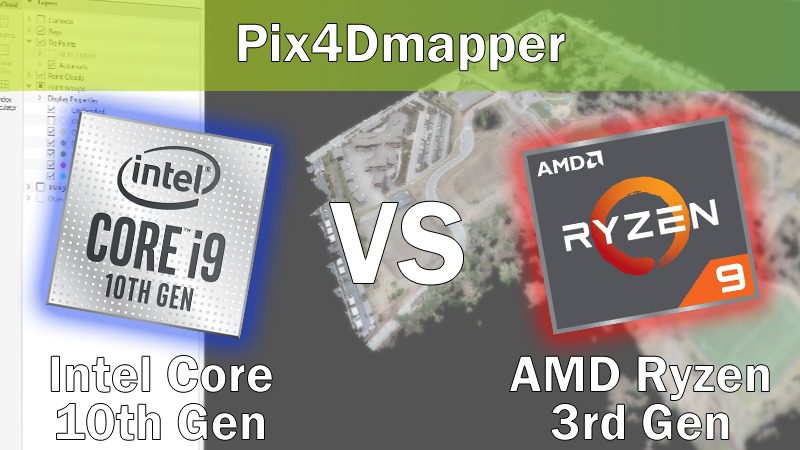

Intel’s new 10th Gen Core processors are out now, with an increased number of cores and very high clock speeds. How do they stack up against AMD’s Ryzen chips and other current models for photogrammetry workloads in Pix4D?

A new version of Pix4D was released last month, and after testing we are happy to report that it brings with it a nice performance boost! We have compiled results from six processors to show roughly how much of an improvement you can expect when upgrading to Pix4Dmapper 4.5.6.
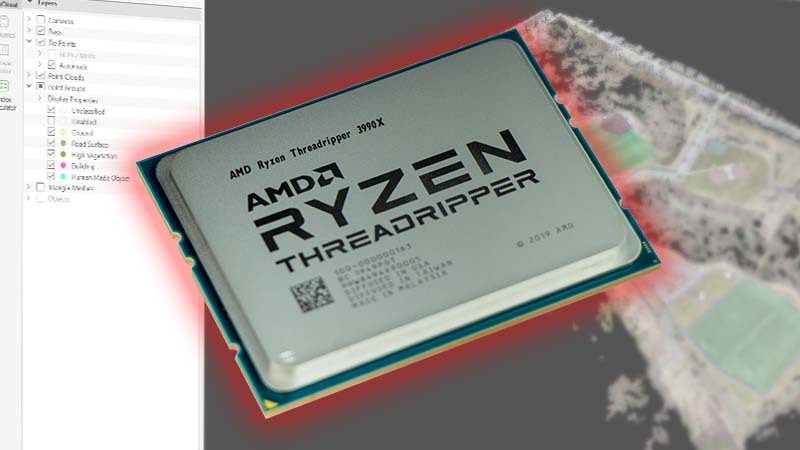
When AMD launched the 64-core Threadripper 3990X, some reviewers reported that performance of this 128-thread beast was hindered by running a normal version of Windows 10 Pro – and that instead using Windows 10 Pro for Workstations or Windows 10 Enterprise gave better results. We have investigated that claim using our in-house Pix4D and RealityCapture benchmarks to see if the choice of operating system could impact our customers.
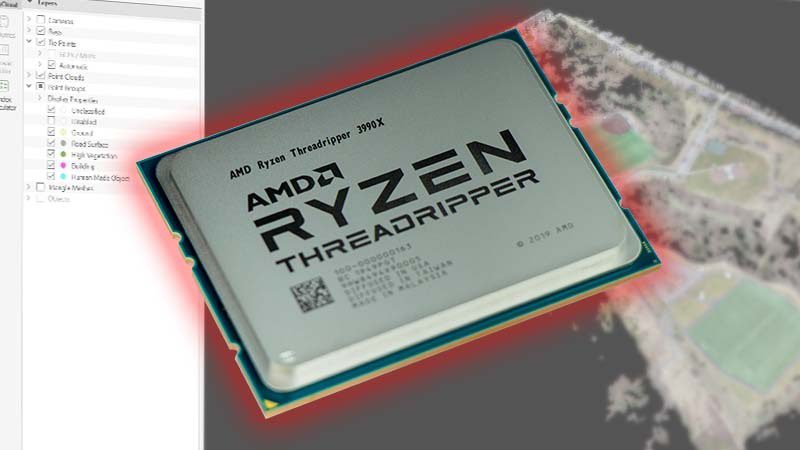
AMD has launched a new top-end CPU in its Threadripper product line, equipped with a whopping 64 cores: the 3990X. In this article we are looking at how it stacks up to the other 3rd gen Threadripper models as well as Intel and AMD’s various other desktop processors.

Picking the processor, or CPU, is one of the most important decisions when building or buying a workstation – but there are dozens of options to pick from at any given point, with varying specifications and price points, so making the right choice isn’t always clear-cut. We’ve tested all of the latest processors from Intel and AMD across three popular photogrammetry applications to help you know what the best choice is for your next system.

Intel and AMD have both launched new lines of high-end desktop processors, with different approaches to increasing value. AMD’s 3rd Gen Threadripper CPUs are based on a newer microarchitecture, bringing better performance for around the same price as previous models. Intel, on the other hand, focused on reducing price while still using the same underlying technology as their last series. We tested both to see which approach gives the best results in Pix4Dmapper.
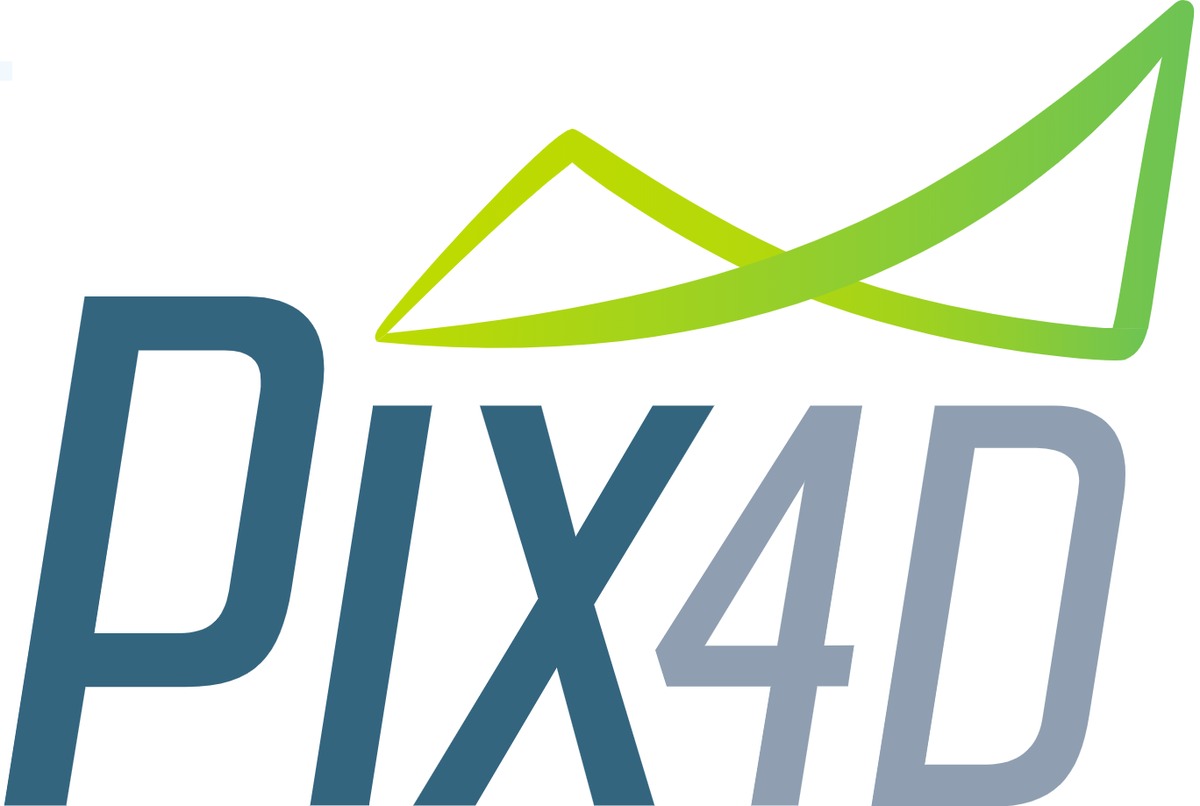
AMD’s new Ryzen 3rd generation processors feature both an increase in core count and per-core performance, allowing them to rival and sometimes beat Intel’s mainstream Core processors in professional applications. Since AMD has finally released the top model in this series, the Ryzen 9 3950X, we decided to take a look at how it and some other competing CPUs handle Pix4D – which benefits from both core count and clock speed at various points throughout its workflow.
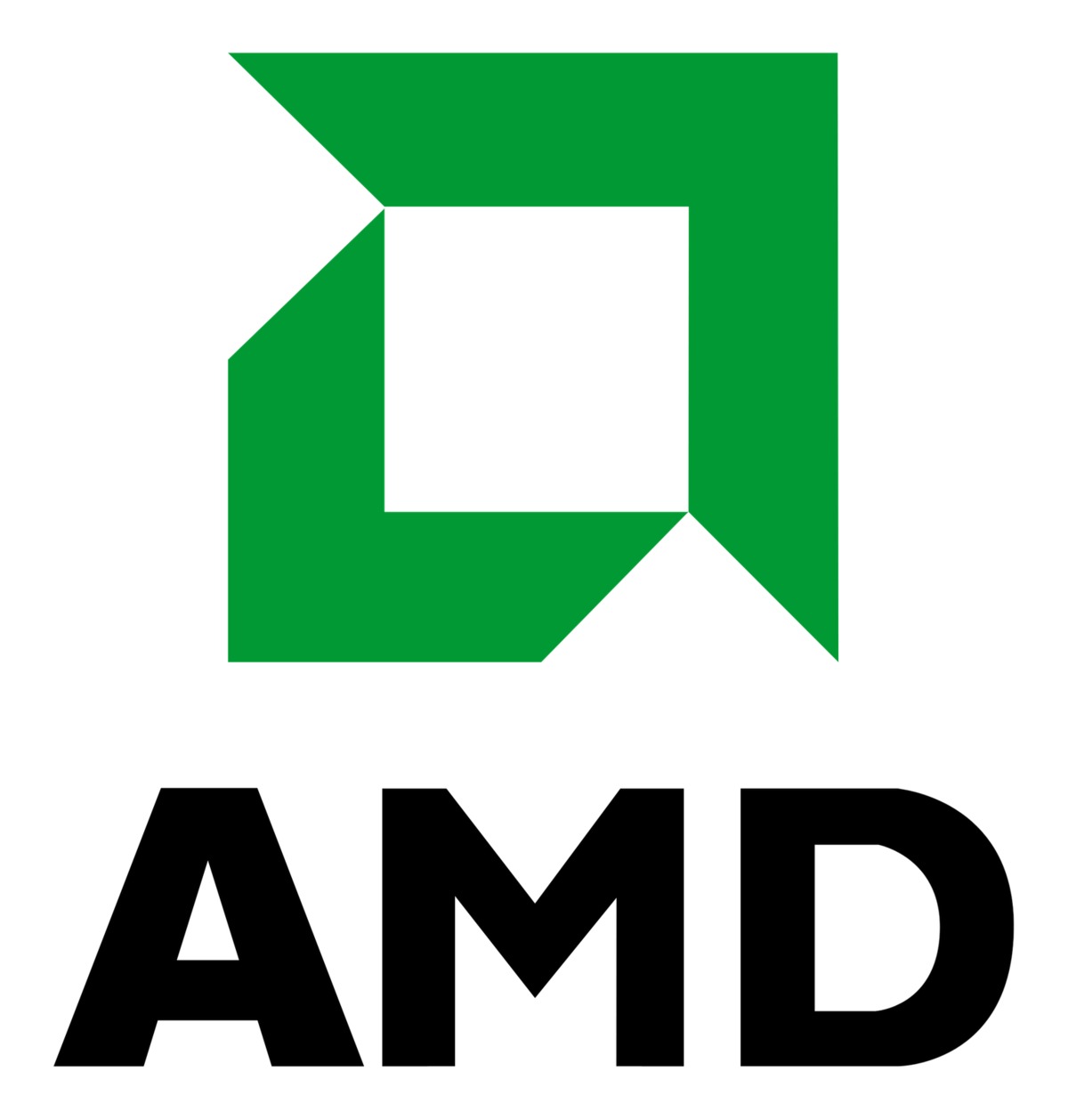
When the performance of AMD’s Threadripper processors is brought up, the discussion can often turn toward some of the oddities of this CPU’s architecture and how it interacts with thread scheduling in Windows 10. That is something which AMD has attempted to improve with their Ryzen Master software, and which has been partially addressed by Microsoft as well (via Windows updates). Some folks in the wider AMD enthusiast community have tried to tackle this issue too.

Pix4D is an advanced photogrammetry application, suited to a wide range of uses, with a focus on handling images captured by drone cameras. Processing of those images into point clouds and 3D meshes/textures is time-consuming, heavily using a computer’s CPU and GPU. We have recently updated our benchmark tools for Pix4D, and published articles looking at CPU and GPU performance on version 4.3 – but in the midst of our testing, 4.4 was released. Is it any faster?
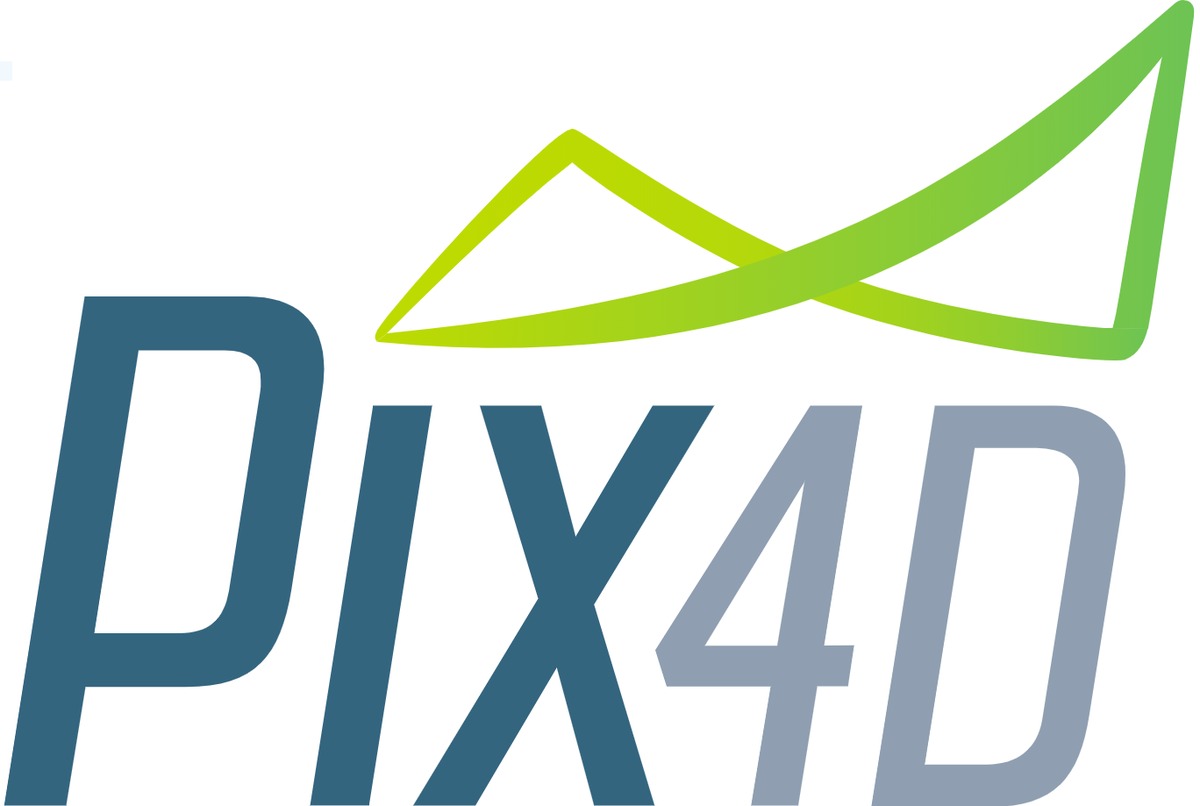
Pix4D is an advanced photogrammetry application, suited to a wide range of uses, with a focus on handling images captured by drone cameras. Processing of those images into point clouds and 3D meshes/textures is time-consuming, heavily using a computer’s CPU and GPU. We have recently updated our benchmark tools for Pix4D, and now are taking a look at how different NVIDIA video cards perform in this program.